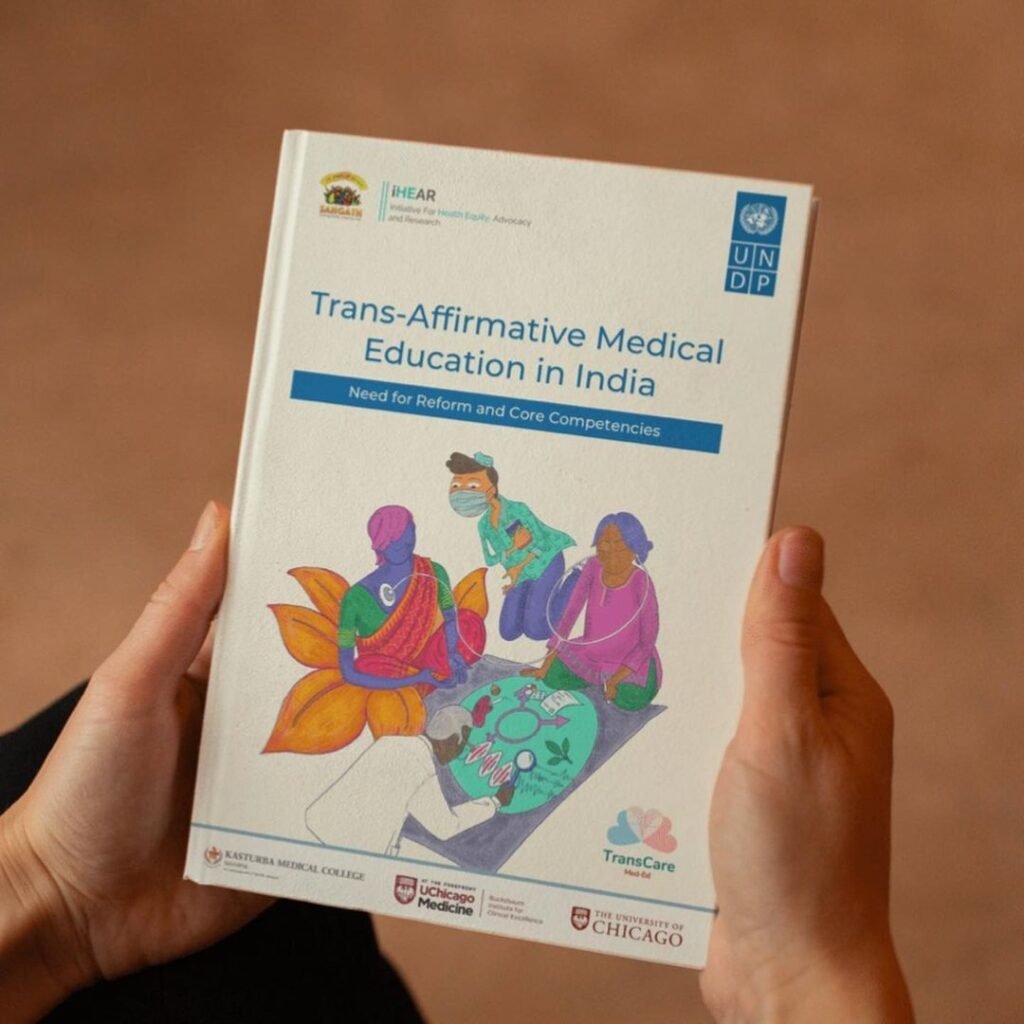Need for Reform and Core Competencies

It is necessary for a systematic and overall reform in not just the medical curriculum but also of other health professional curricula. It is not enough to merely remove problematic content but also necessary to add foundational content that would train a health provider in providing transgender-affirmative care regardless of the health problem or the speciality.
Towards this, the TransCare MedEd project was planned to understand the challenges faced by TGNB persons in accessing general healthcare in order to reform the undergraduate health professional education. Towards this a series of consultative workshops and a national conference was conducted between August 2021 and May. Participants included transgender community members, health professionals and students who identify as TGNB, health professionals who have experience providing care to TGNB persons, medical educators and other key governmental and non governmental stakeholders.

Based on this, a set of foundational competencies were developed which were refined through feedback. Competencies are defined as the knowledge attitudes or skills that a health professional should be able to use, express or perform in real life clinical settings. The competencies were organised according to the five-fold framework provided by the National Medical Commission. Based on the discussions a suggestive
set of methods are also provided.
The core competencies provide a foundational starting point in equipping aspiring health professionals in providing trans-affirmative care. These competencies could be further refined, incorporated in regular health professional education and implemented in teaching health professional students.
To develop on this further there is need for advocacy, research and capacity building towards making healthcare in India trans-affirmative. The reform needs to be not only in medical education but also in nursing, dental and allied health professional education. There is also need to make health professional educational and work spaces trans-affirmative in order to have more trans-identifiying health professionals in the workforce who are currently underrepresented. All this require the combined effort of all key stakeholders.